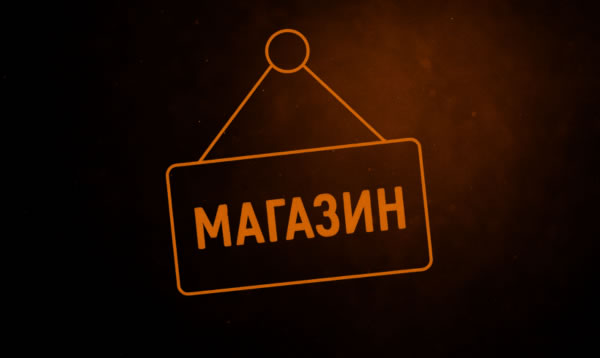Domodedovo Airport to be nationalized: court rules in favor of state ownership
Domodedovo Airport to be nationalized: court rules in favor of state ownership
It has been revealed that the court has granted the claim of the Prosecutor General’s Office of the Russian Federation for the transfer of 100% of the shares in DME Holding LLC—the management company of Domodedovo, one of Russia’s largest airports—into state ownership.
Grounds for the Prosecutor General's Claim
The claim was filed in January 2025 against 30 legal entities belonging to the Domodedovo Group, as well as against its ultimate beneficiaries—Dmitry Kamenshchik and Valery Kogan. The supervisory authority asserted that entities controlling a strategically important transport infrastructure facility had been re-registered abroad without proper authorization from Russian authorities.
According to the claim, the businessmen were residents of foreign jurisdictions (specifically Turkey, the UAE, and Israel) and managed airport assets without the required approvals, channeling profits outside the Russian Federation.
Special Regulatory Regime for Strategic Assets
The case was considered under the provisions of Presidential Decree No. 618 dated September 8, 2022, which governs transactions between Russian residents and persons from "unfriendly" states. The decree mandates obtaining permission from the Government Commission for any changes to ownership or management structures in strategic companies.
The court proceedings were held behind closed doors. However, experts believe one of the key reasons for the court’s decision was the lack of necessary approvals from the Government Commission.
Domodedovo Airport: Current Situation
Against the backdrop of sanctions and a decline in international air traffic, the airport’s passenger flow dropped by 23% in 2024 to 15.6 million people. The downward trend continued into the first four months of 2025—down 9% year-on-year.
Domodedovo remains one of Russia’s largest air transport hubs, serving both domestic flights (flagship airlines include S7, Ural Airlines, Red Wings) and international routes (partnering with Emirates, Air Arabia, Egypt Air, among others).
Expert Opinion: Risks and Recommendations for Business
Comment by Andrey Safonov, Litigation Attorney at BBNP:
“As previously reported, the Prosecutor General’s Office filed a lawsuit seeking to recover shares in Domodedovo Airport for the benefit of the state and to invalidate transactions related to the redomiciliation of several entities within the airport’s corporate perimeter.
According to the Prosecutor General’s Office, since 2016, businessmen Dmitry Kamenshchik (a resident of Turkey and the UAE) and Valery Kogan (a resident of Israel) created new legal entities and exercised control over strategic assets without coordinating with government authorities. The claim also notes that these jurisdictions follow Western policies aimed at undermining Russia.
The case falls under a special regulatory regime introduced by Presidential Decree No. 618 dated 08.09.2022. This document requires that transactions between Russian residents and individuals from unfriendly states (or entities under their control) involving, among other things, changes to ownership interests in LLCs, corporate governance, or business activities, must be approved by the Government Commission on Foreign Investment Control.
Additionally, the Prosecutor General’s Office argues that Kamenshchik and Kogan violated Federal Law No. 57-FZ ‘On the Procedure for Foreign Investments in Business Entities of Strategic Importance for National Defense and State Security.’
Since 2022, the Russian government has significantly increased control over assets exposed to foreign influence or moved abroad. In this context, the confidential nature of the Domodedovo case suggests that, in addition to the defendants’ foreign residency status, the absence of required permits from the Government Commission may have been a decisive factor in the ruling.
In an environment of heightened regulation, businesses are advised to:
- Conduct a comprehensive legal audit to ensure compliance with legislation, particularly in areas involving strategic investments and foreign participation;
- Optimize ownership structures to eliminate elements that may be classified as 'foreign influence';
- Consider the increased risks associated with capital outflow abroad, including potential accusations of harming the national economy;
- Develop preventive measures to protect against lawsuits and interim relief;
- Closely monitor legal and regulatory changes concerning the nationalization of strategic assets.”
Sources:
Interfax: court transfers Domodedovo Airport to State ownership
Kommersant: Domodedovo to be returned to State ownership
MSK1: Domodedovo Airport transferred to the State — causes and implications



